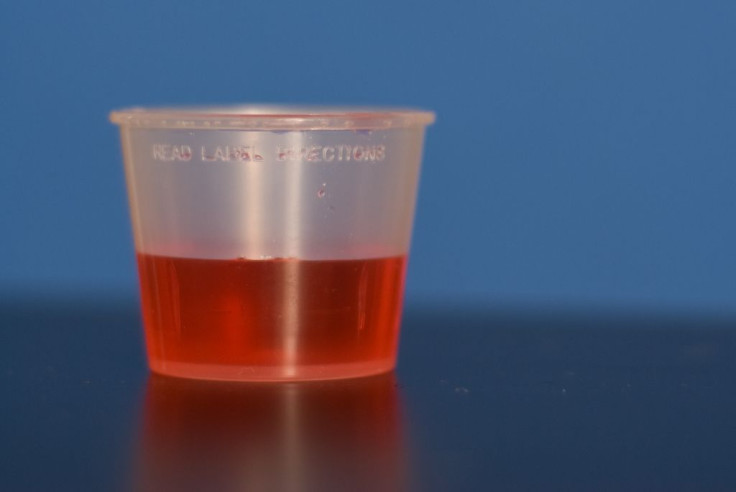OTC Drugs More Addictive Than Perceived; One-Fifth Of Population Misuses

Prescription medicines have a known potential for abuse, but what about over-the-counter (OTC) drugs? We tend to regard these products as safe, but in reality, these substances have a high rate of misuse.
According to a study published in the Journal of Public Health, one fifth of the United Kingdom population has misused a non-prescription medicine (NPM) at some point in their lives. The results were drawn from a national survey distributed to 1,000 random adults, aged 18 and over.
“While NPMs are often perceived by the public as being safer than prescription medicines, they can cause harm,” the study’s authors wrote. “NPMs have the potential to be misused, abused and lead to dependence […] but the prevalence of these problems within the UK general population was unknown.”
Of the 43.4 percent of surveys that received responses, 19.3 percent reported misusing an NPM at some point in their lives, 4.1 percent reported abuse, and 2 percent reported dependency, with 0.8 percent still currently dependent. All painkillers, regardless of codeine content, were the most misused. Codeine-containing painkillers and cough and cold remedies were most likely to be abused, and painkillers, sleep-aids and nicotine products created dependency.
This study is the first of its kind to differentiate between misuse (drug use for a legitimate medical purpose, but in an incorrect manner), abuse (use for a non-medical purpose), and dependence (repeated use with difficulty in voluntarily stopping or altering use). In doing so, the researchers established a clear need to address the frequent misuse of over-the-counter medicines, a problem that is also common in the United States.
“Given the increasing emphasis on self-care and empowering the public to manage their health with NPMS, the findings highlight the need for improved [vigilance] of these medicines to maximize the benefits with minimal risk. Healthcare providers need to be aware of the potential for misuse, abuse and dependence, particularly in patients with long-term illness,” the study states.
Patients with long-standing illnesses that require regular use of NPMs were shown to be at the highest risk for NPM abuse, followed by younger people and those with a history of illicit drug use.
The researchers also revealed that most people who self-reported dependency on an NPM did not and do not plan to seek formal help, for unknown reasons. These results suggest further research is required to identify the barriers to seeking treatment for NPM dependency.
Source: Fingleton



























